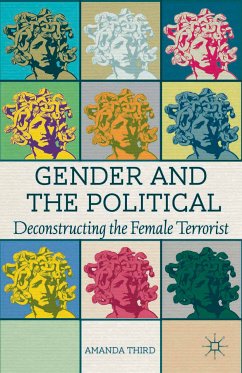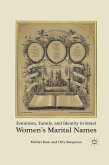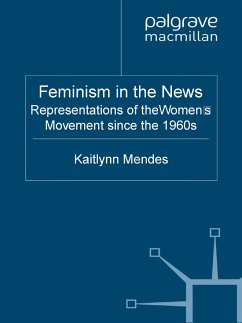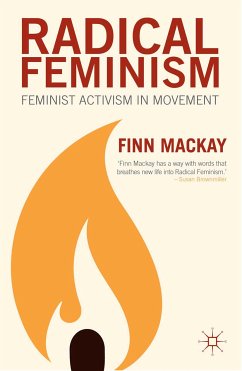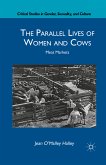Dieser Download kann aus rechtlichen Gründen nur mit Rechnungsadresse in A, B, BG, CY, CZ, D, DK, EW, E, FIN, F, GR, HR, H, IRL, I, LT, L, LR, M, NL, PL, P, R, S, SLO, SK ausgeliefert werden.
"Amanda Third's Gender and the Political convincingly argues that the modern concepts of terrorism and feminism are historically and conceptually interwoven. The book does this by reading terrorism studies against the grain while simultaneously positioning the concept of terrorism as a central trope of postmodern thought. These two discourses - the former increasingly foundational to, the latter highly critical of, the modern state and social order - are placed in fruitful conversation with one another, resulting in a deeply illuminating study of the contemporary political terrain in the United States." - Mehmet Dö?emeci, Assistant Professor of History, Bucknell University, USA

